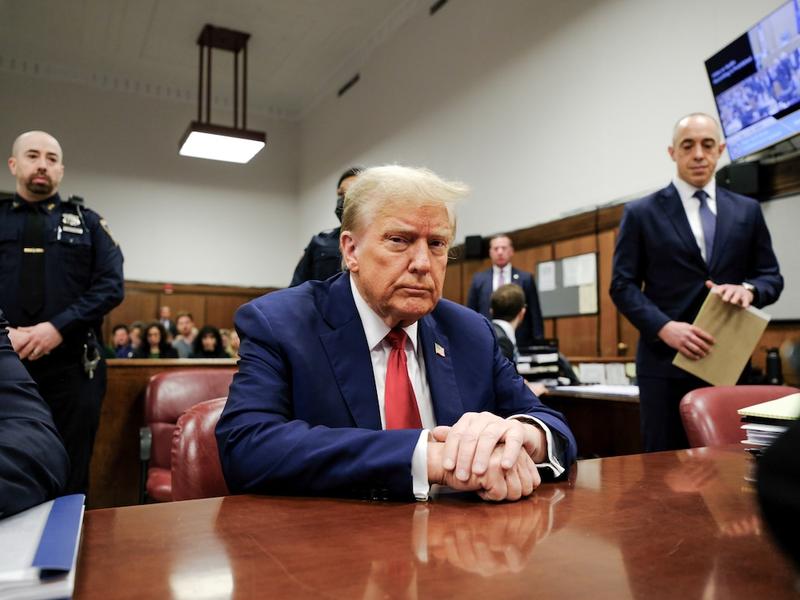
America's decentralized system of means states enjoy broad leeway on setting election rules. Whether voters realize it or not, states' procedures vary widely on everything from registration deadlines, ID requirements and types of voting machinery to who is permitted to vote absentee and when mail-in ballots must be postmarked in order to count.
But in a pandemic, a lack of federal election funding, partisan disunity, and legal disputes could produce last-minute logistical confusion and drastic disparities across state lines in voters' ability to safely access a ballot.
Last week's election in Wisconsin ignited outrage from voting rights advocates, who claimed courts' refusal to grant Democratic Gov. Tony Evers's last-minute request to suspend in-person voting and extend the absentee ballot return deadline forced voters to choose between democracy and their health. The April 7 balloting turned into an administrative fiasco of mass polling place closures, backlogs that caused 11,000 absentee ballot requests to go unfulfilled and at least 35,000 voters receiving absentee ballots with incorrect return instructions.
It was a wake-up call, and all states will have months rather than

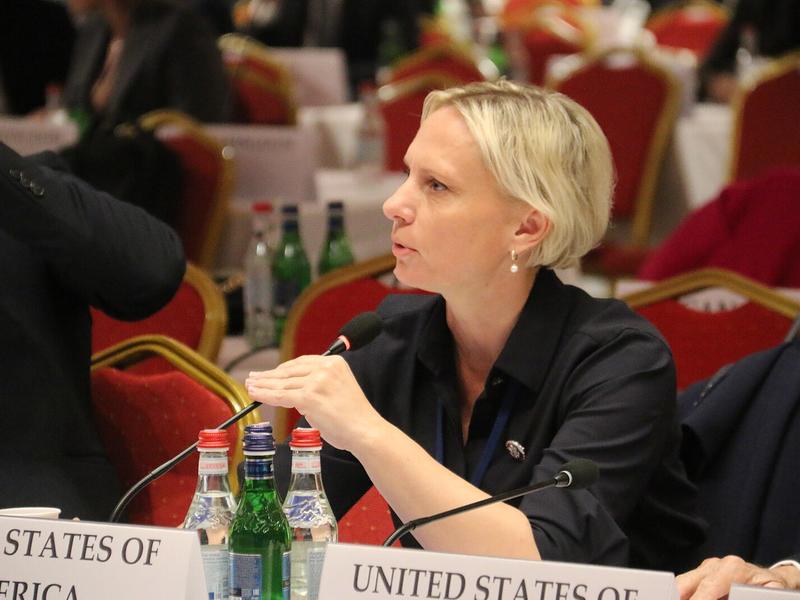

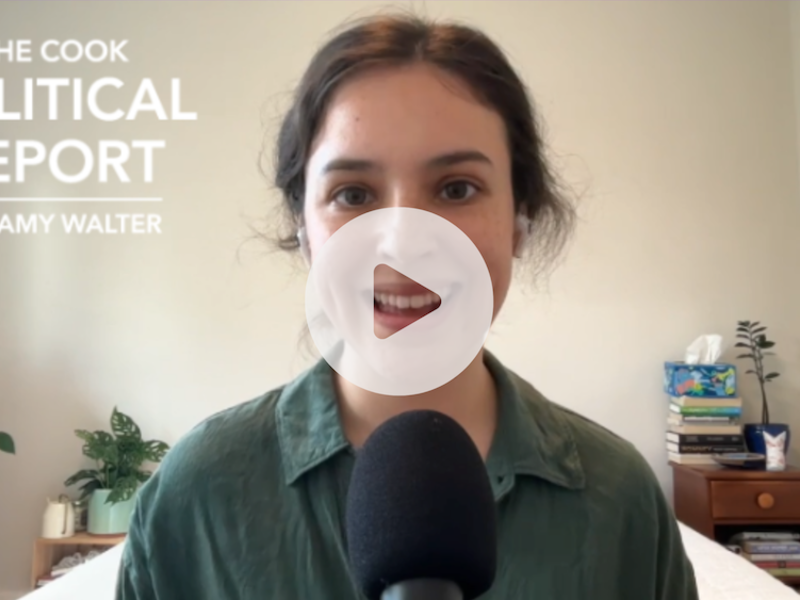



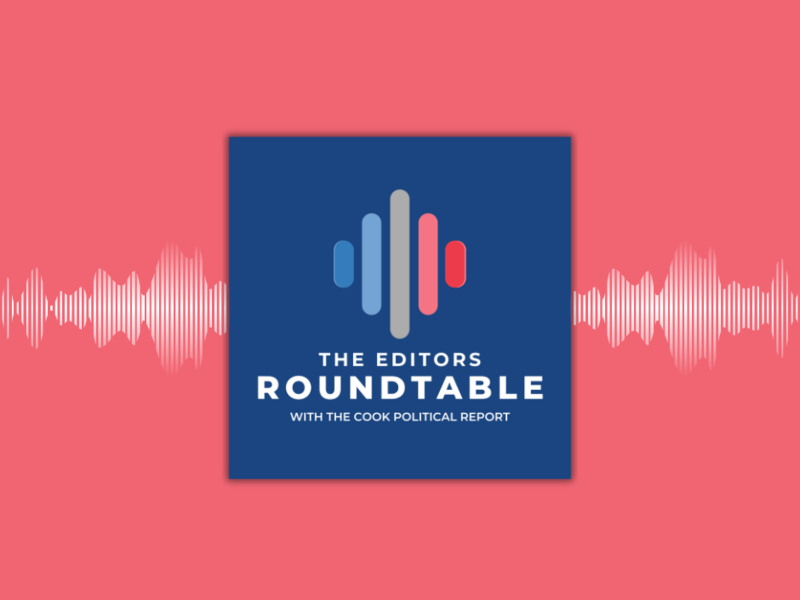
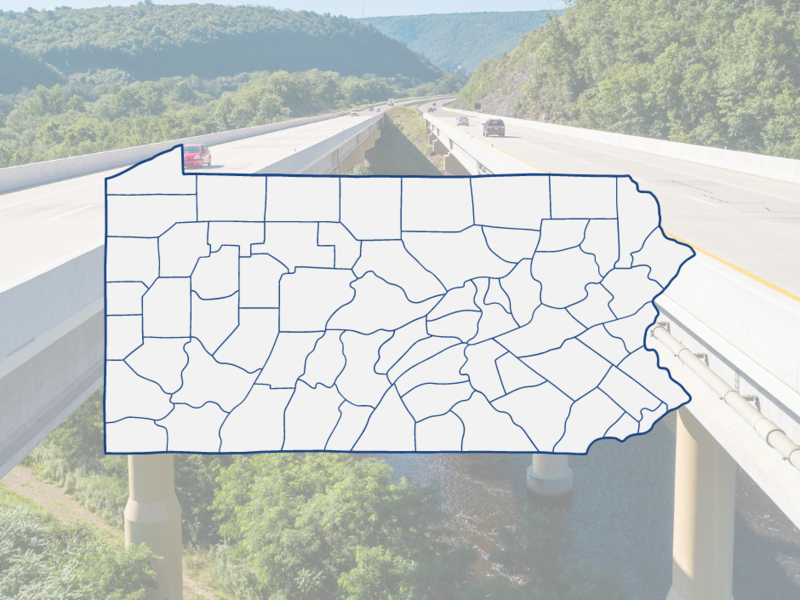
Subscribe Today
Our subscribers have first access to individual race pages for each House, Senate and Governors race, which will include race ratings (each race is rated on a seven-point scale) and a narrative analysis pertaining to that race.